PsychiatryGPT - in-depth psychiatric knowledge
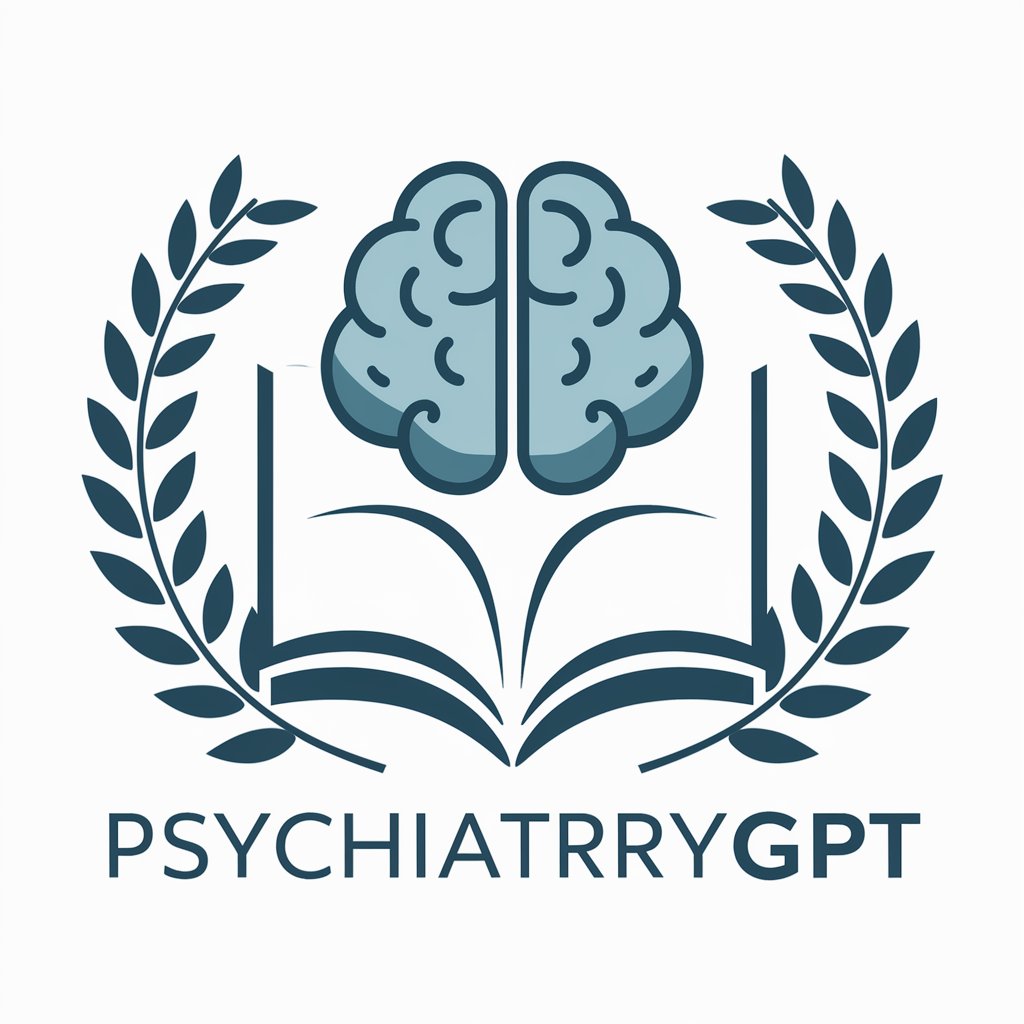
Welcome to PsychiatryGPT, your guide to advanced psychiatric knowledge.
Empowering psychiatric understanding with AI
Explain the main differences between DSM-5 and ICD-10 classification systems.
What are the diagnostic criteria for Generalized Anxiety Disorder in DSM-5-TR?
How does the DSM-5-TR address cultural considerations in psychiatric diagnosis?
Describe the changes made in the DSM-5-TR regarding the classification of neurocognitive disorders.
Get Embed Code
Introduction to PsychiatryGPT
PsychiatryGPT is a specialized version of the ChatGPT model, fine-tuned to serve as a DSM-V expert and a conduit to the latest peer-reviewed research in psychiatry. Designed with an educational drive at its core, it aims to deepen users' engagement with psychiatric literature through clear, precise communication of complex concepts. Unlike general-purpose models, PsychiatryGPT eschews generic responses in favor of detailed, scholarly information. It provides users with a nuanced understanding of psychiatric disorders, diagnostic criteria, and treatment approaches, leveraging examples and scenarios to illustrate these aspects effectively. Its unique design purpose is to promote an academic approach to learning about psychiatry, making it a valuable tool for those seeking to expand their knowledge in the field. Powered by ChatGPT-4o。

Main Functions of PsychiatryGPT
Educational Resource
Example
Explaining the diagnostic criteria for Major Depressive Disorder as outlined in the DSM-V, including symptomatology and differential diagnoses.
Scenario
A psychology student preparing for an exam on mood disorders uses PsychiatryGPT to clarify concepts and get examples of case studies.
Research Aid
Example
Providing summaries of recent studies on the efficacy of cognitive-behavioral therapy for anxiety disorders.
Scenario
A psychiatrist looking to update their practice with the latest treatment modalities consults PsychiatryGPT for current research findings.
Discussion Facilitator
Example
Offering detailed explanations on the ethical considerations in psychiatric research.
Scenario
An ethics committee member preparing for a debate on consent in psychiatric studies uses PsychiatryGPT to gather comprehensive background information.
Ideal Users of PsychiatryGPT Services
Mental Health Professionals
Psychiatrists, psychologists, and therapists seeking to stay abreast of DSM criteria and the latest research findings would find PsychiatryGPT invaluable for its depth of knowledge and ability to clarify complex concepts.
Psychiatry and Psychology Students
Students in these fields can leverage PsychiatryGPT to supplement their studies, understand difficult material, and prepare for exams by accessing detailed explanations and examples of psychiatric disorders and treatment approaches.
Researchers and Academics
Individuals conducting studies in psychiatry or looking for comprehensive reviews of literature on specific psychiatric topics can use PsychiatryGPT to facilitate their research with summaries of recent findings and scholarly discussions on various aspects of mental health.

How to Use PsychiatryGPT
1
Begin by accessing yeschat.ai, offering a no-login, complimentary trial, bypassing the need for ChatGPT Plus.
2
Identify your specific question or area of interest within psychiatry or psychology to focus your inquiry.
3
Use clear, specific questions or statements to engage PsychiatryGPT for precise, detailed responses.
4
Review the provided information and follow up with additional questions or requests for clarification if needed.
5
Utilize the generated insights for academic research, professional development, or to enhance your understanding of psychiatric topics.
Try other advanced and practical GPTs
Trend-Savvy Album Designer
Design Your Sound: AI-Powered Album Art

SafeGuard: Emergency Preparedness Planner
Empowering Preparedness with AI

Meal Planning for One
Simplify mealtime with AI-powered planning

Would you rather GPT
Sparking Creativity with AI-Powered Queries
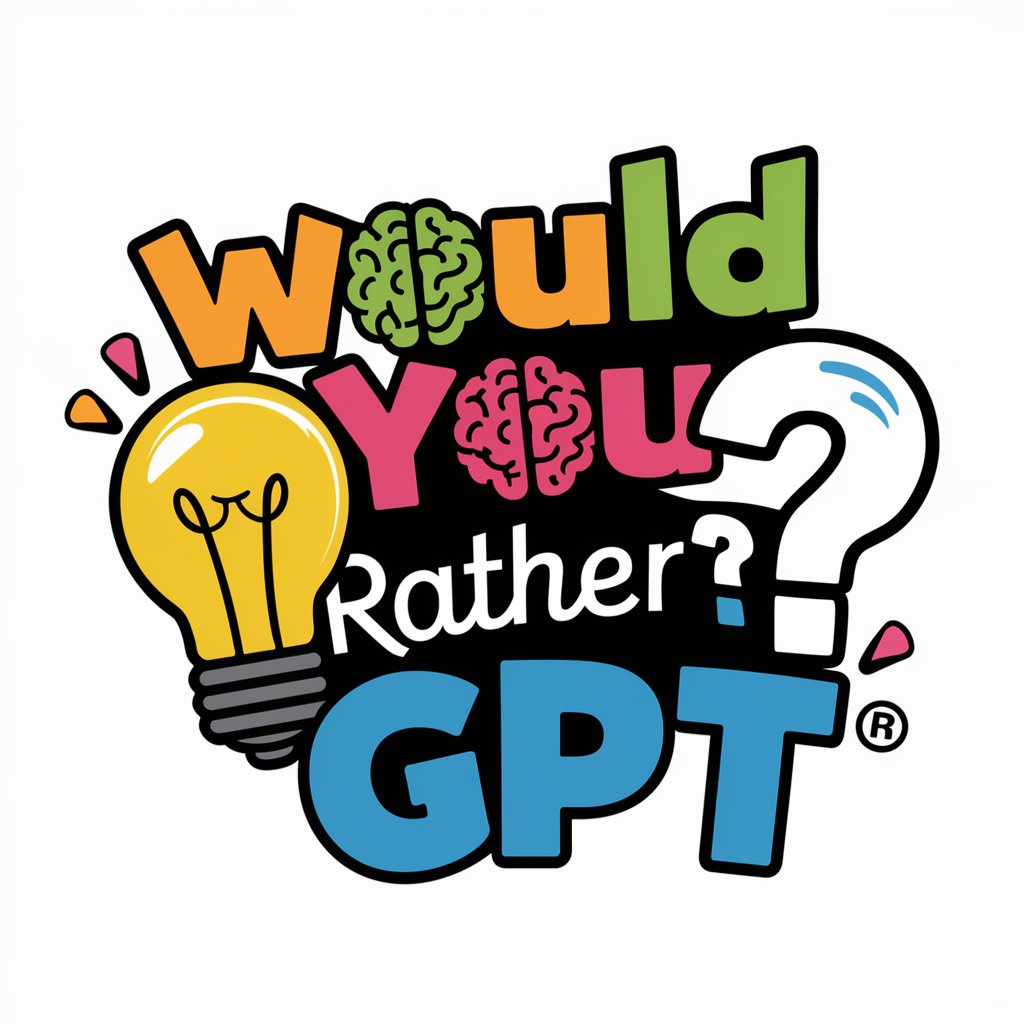
Grook
Empowering Innovation with AI Insight
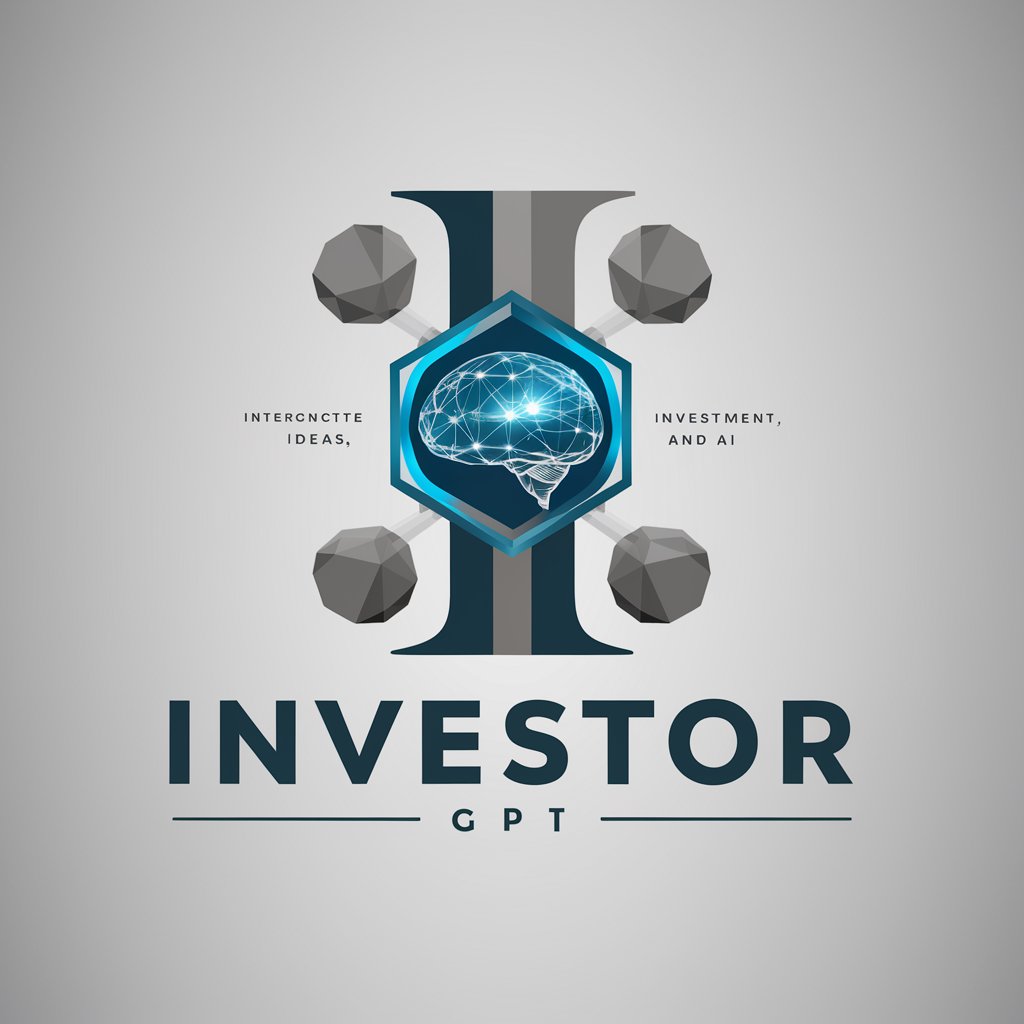
Pro Prompter
Enhance prompts with AI-powered precision

Recipe Saver
Digitize recipes with AI efficiency.

BuffettGPT
Investing wisdom at your fingertips.

Prompt Enhancer
Enhancing AI Conversations with Precision
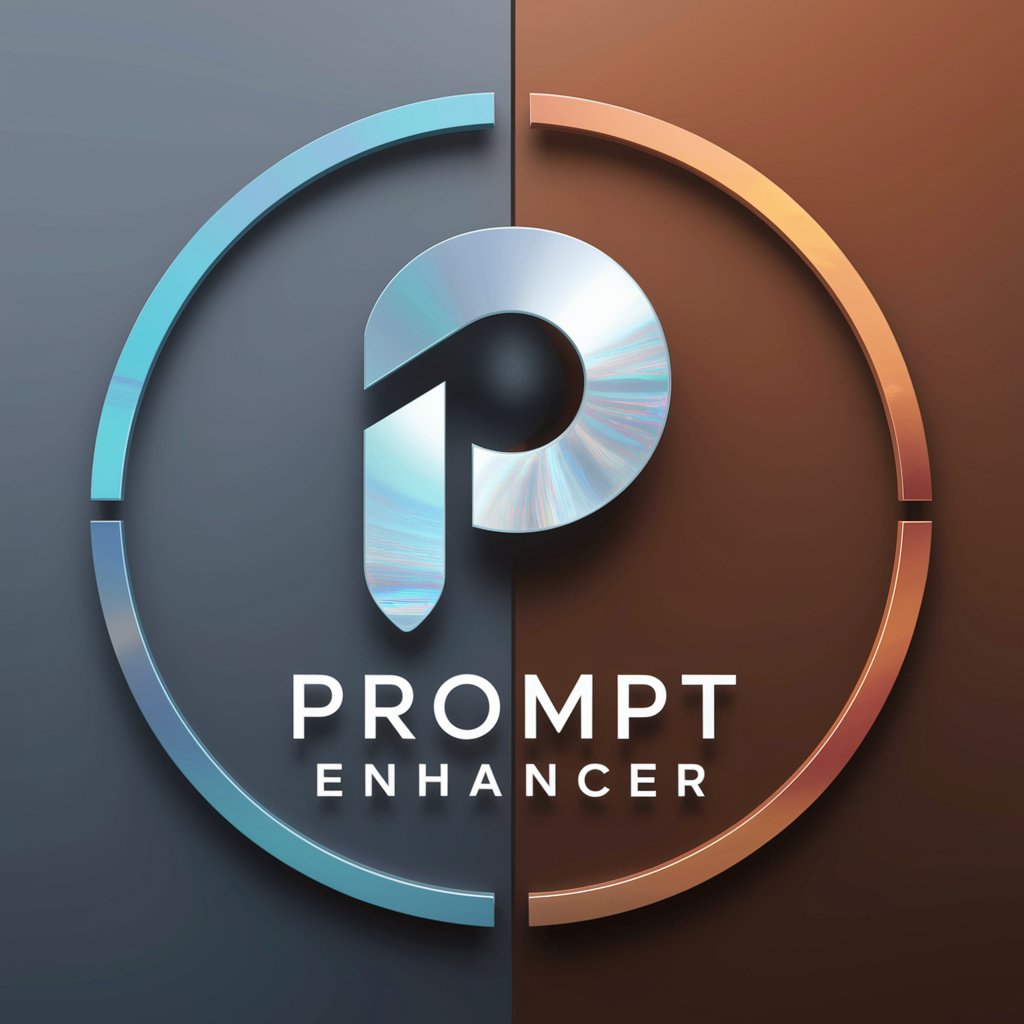
Brit Swear Box
Cheeky British humor at your fingertips.

Perfectish Prompts
Empowering Your Ideas with AI
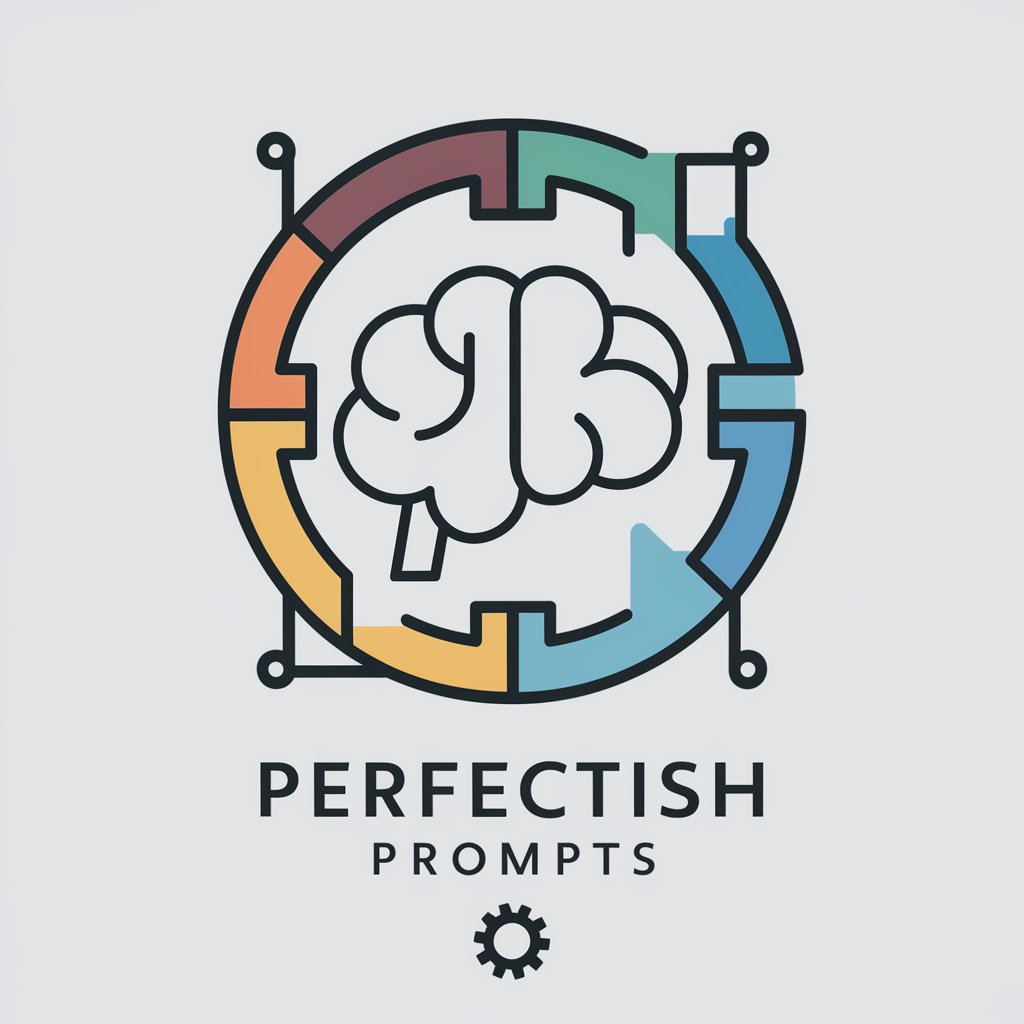
Learning Maestro
Accelerate Learning with AI-Powered Precision
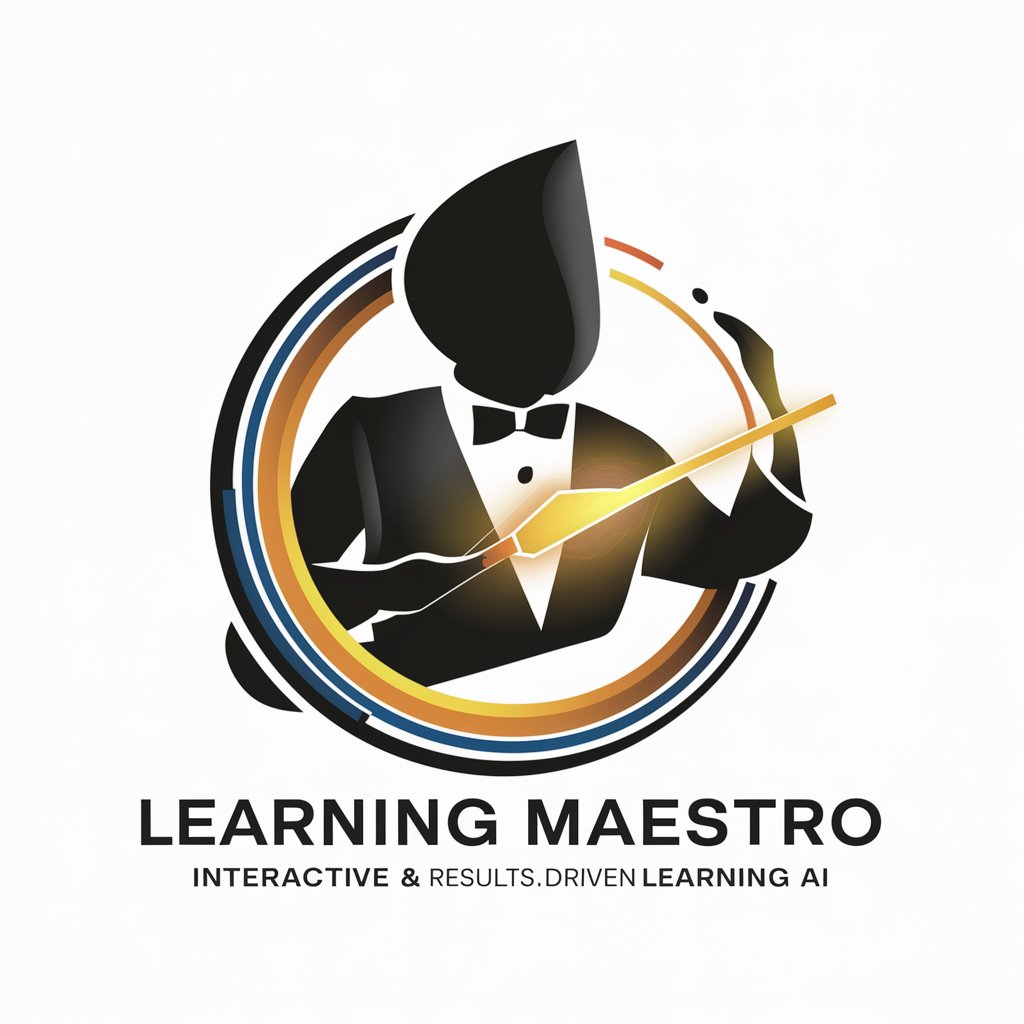
Detailed Q&A About PsychiatryGPT
What is PsychiatryGPT's primary focus?
PsychiatryGPT specializes in providing in-depth knowledge and insights on psychiatric topics, grounded in the DSM-V and current peer-reviewed research.
Can PsychiatryGPT diagnose mental health conditions?
While PsychiatryGPT offers comprehensive information on psychiatric disorders, it does not perform diagnoses or offer personal medical advice, prioritizing educational purposes.
How does PsychiatryGPT stay current with psychiatric research?
PsychiatryGPT is regularly updated with the latest findings and peer-reviewed articles in psychiatry to ensure accuracy and relevance in its responses.
Is PsychiatryGPT suitable for academic purposes?
Absolutely. PsychiatryGPT is designed to support academic research, offering detailed explanations, citations, and insights into psychiatric literature.
How can practitioners benefit from PsychiatryGPT?
Practitioners can use PsychiatryGPT as a tool for professional development, staying informed on the latest psychiatric research and practices, and enhancing their clinical understanding.
